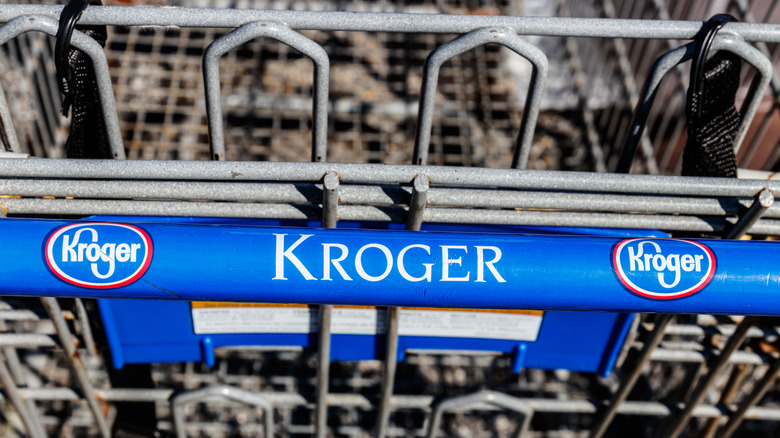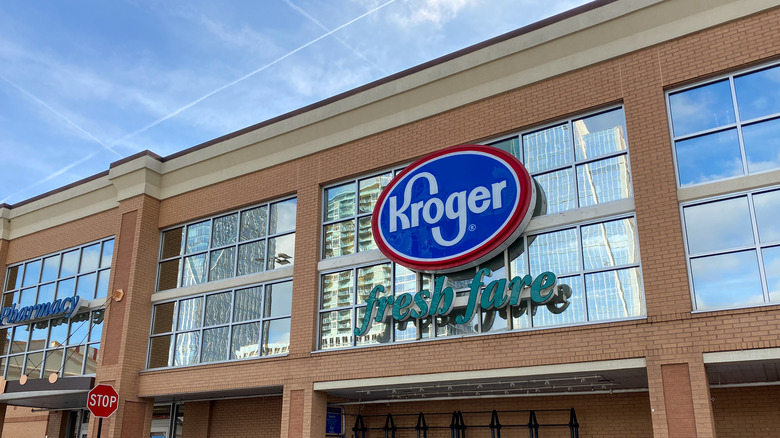Kroger CEO Affirms 'Long-Term Commitment To Lower Prices'
In the years since the start of the pandemic, Americans have watched food costs soar. From January 2019 to July 2023, grocery prices soared a whopping 25%, driven by factors like pandemic shortages, changing consumer habits, and an outbreak of avian flu. In response, consumers have been cutting costs. As PYMNTS reported, 57% of Americans have reduced their spending on non-essential grocery items like snacks.
But it's not just the American people who have felt the pinch. As consumers cut down on grocery expenses, major grocery retailers have seen flagging sales. Kroger, one of the nation's largest supermarket chains, has been missing sales goals for the past year. On Thursday, the chain announced in its third quarter report that it had re-adjusted its sales forecast, citing tightened consumer spending. However, CEO Rodney McMullin insisted that the company was committed to keeping prices low.
"By maintaining our long-term commitment to lower prices ... we are growing households and increasing loyalty, positioning Kroger for sustainable future growth," McMullen explained in the report. Sales and Kroger's strategy of keeping prices low helps the company stay competitive, as rising prices could push customers toward budget chains like Walmart, Dollar General, and Aldi. The concern is justified: PYMNTS data showed that customers are more than willing to switch to different merchants to save money.
Kroger stays strong despite flagging sales
While keeping prices low won't result in immediate growth, McMullen explained that the company stayed strong by diversifying into alternative businesses. In the third quarter report, he noted that the company's fuel sales had stayed strong, adding, "Kroger's third-quarter results highlight the strength and diversity of our business model in a challenged operating environment."
Market analysts show faith in Kroger's strategy, recommending investors buy stock in the company even as growth flags. Not only is the company well-positioned to survive a stretch of tight consumer spending, but it's also setting up strategies for long-term growth. As more and more customers turn to delivery options, Kroger is focusing on digital sales — a move that analysts see as a smart way to stay competitive. In 2021, the company opened a warehouse in Florida dedicated exclusively to fulfilling online orders. But Kroger hasn't abandoned in-person shopping either, starting construction on its first Marketplace store in September. The massive 124,000-square-foot store, which will sell items like jewelry and clothing, is meant as an alternative to Walmart's Supercenter stores.
New ventures aside, it seems that Kroger will likely spring back. "Most of the data that we're seeing would point toward a typical year next year," CFO Gary Millerchip told analysts. The sentiment is shared by the White House, which expects inflation to cool in 2024.

